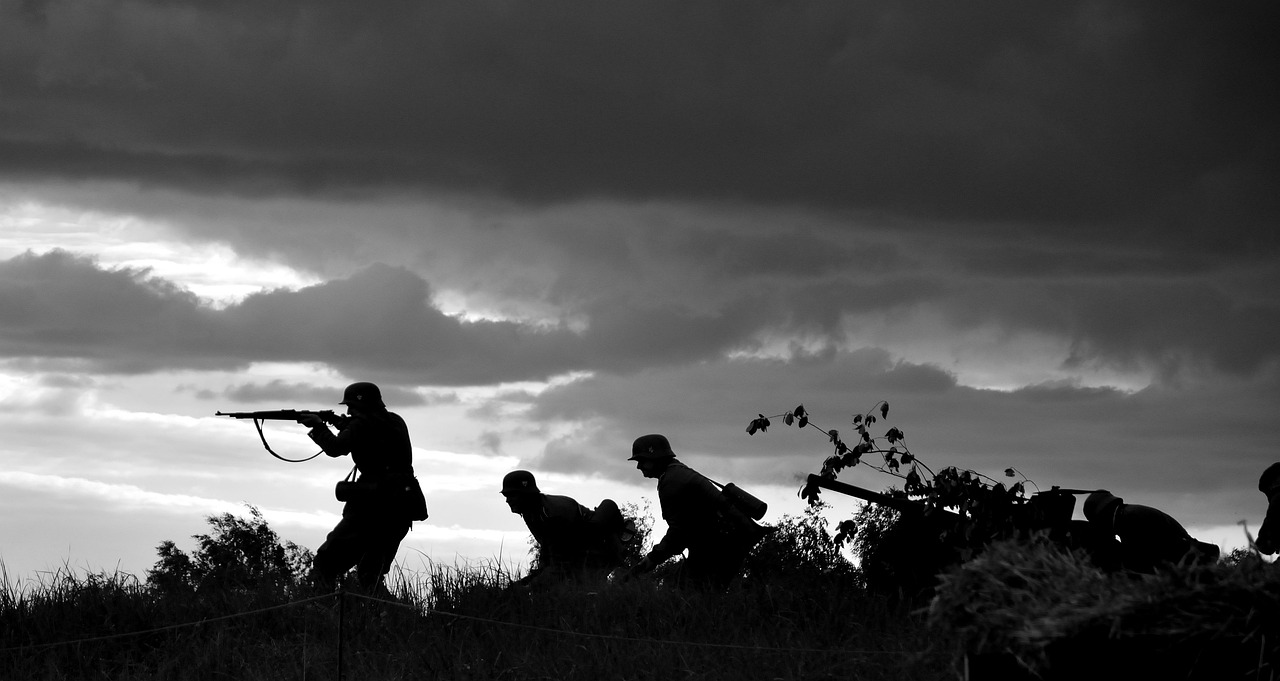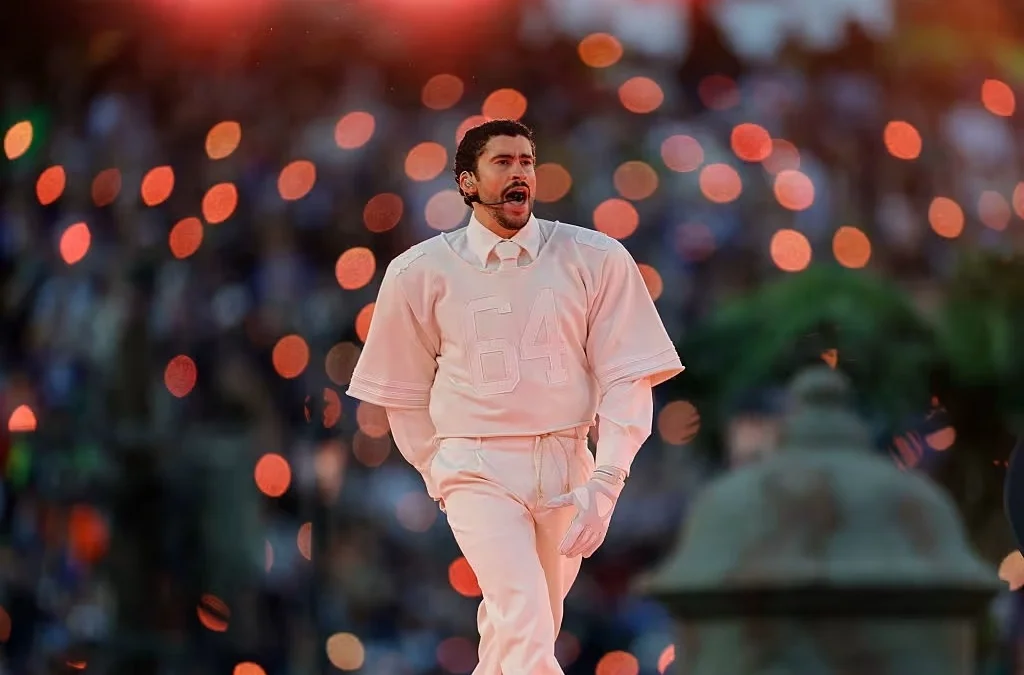By Lauren Kent, Anna Chernova, Daria Tarasova-Markina, Katharina Krebs and Jessie Yeung
Russian President Vladimir Putin has raised major concerns and set forth strict conditions regarding a proposed 30-day ceasefire in Ukraine, casting doubt on the feasibility of the temporary truce. As international pressure mounts to find a way to ease the humanitarian crisis, Putin’s latest statements signal that Russia remains firm on its strategic goals, despite growing calls for de-escalation.
Ceasefire Proposal and Its Implications
The ceasefire proposal, initiated by Western leaders and supported by the United Nations, aims to temporarily halt hostilities to allow humanitarian aid into heavily affected areas. The pause would also create an opportunity for renewed diplomatic negotiations between Russia and Ukraine. However, Putin’s response suggests that Russia is not willing to agree to such a deal unless its core demands are met.
Putin questioned the terms of the ceasefire, asking for clarity on which territories it would apply to and who would be responsible for enforcing it. He also emphasized that previous ceasefire attempts had been used by Ukrainian forces to regroup and rearm—something he claims Russia cannot allow to happen again.
Russia’s Tough Demands
The Kremlin has outlined several conditions that must be met before considering any ceasefire agreement:
- Recognition of Russian-Controlled Territories – Putin insists that Ukraine formally acknowledge Russian sovereignty over annexed regions, including Crimea, Donetsk, Luhansk, Zaporizhzhia, and Kherson.
- Demilitarization of Key Areas – Russia demands that Ukrainian forces withdraw from strategic locations near contested regions.
- End to Western Military Aid – Moscow wants guarantees that Ukraine will not receive additional military assistance from NATO and its allies during the ceasefire.
- Lifting of Sanctions – Russia is calling for partial relief from Western-imposed economic sanctions, citing their negative impact on global markets.
These conditions have been met with skepticism by Ukraine and its allies, who argue that they would amount to Ukraine surrendering its sovereignty and security interests.
Western and Ukrainian Response
Ukrainian President Volodymyr Zelensky has strongly opposed Russia’s demands, stating that any ceasefire must be based on Ukraine’s territorial integrity. Kyiv views Russia’s conditions as an attempt to solidify its territorial gains rather than a genuine effort for peace.
Western leaders, including U.S. President Joe Biden and European Union officials, have dismissed Russia’s demands as unreasonable. They stress that any ceasefire agreement must respect international law and not reward aggression.
What Happens Next?
As diplomatic efforts continue, the likelihood of an immediate ceasefire remains uncertain. Putin’s tough stance suggests that Russia is not yet ready to compromise, while Ukraine and its allies remain determined to resist Russian advances. With no clear agreement in sight, the conflict is likely to continue, further escalating tensions in the region.
The coming weeks will be crucial in determining whether a temporary truce can be achieved or if the war will intensify further.





